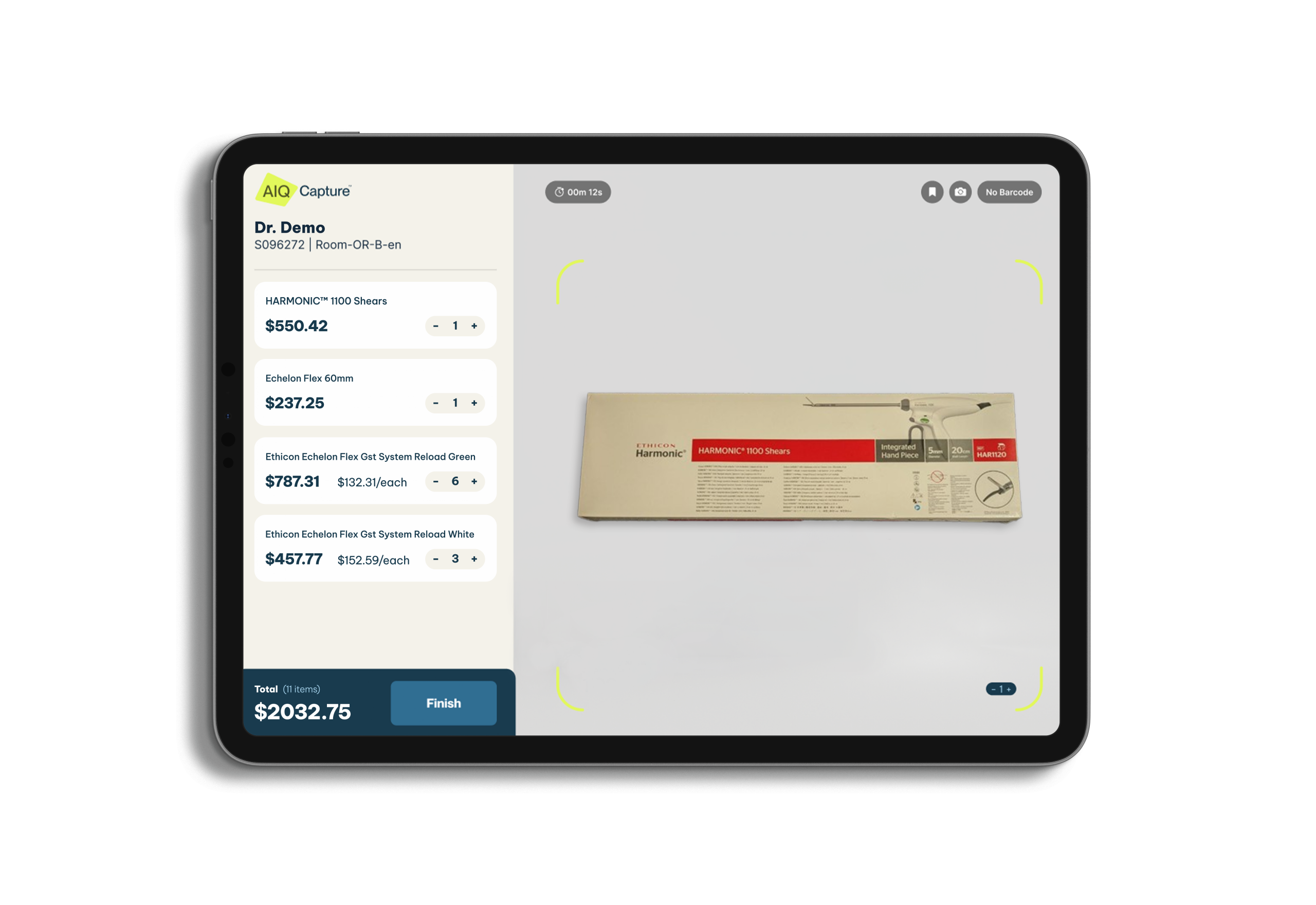Allina Health Rolls Out AI-Powered Supply Capture Across 100+ Operating and Procedural Rooms

Allina Health is implementing an artificial intelligence platform from AssistIQ to improve how medical supplies and implants are documented during procedures. The rollout covers more than 100 operating and procedural rooms across the health system.
The goal of the deployment is to improve documentation accuracy, reduce administrative workload for clinical staff, and support better decision-making around supply use and costs.
Focus on Supply Documentation
While AI tools have increasingly been used to assist with clinical documentation, supply and implant tracking has received less attention. Inaccurate or incomplete records in this area can impact billing, inventory management, and care delivery.
AssistIQ’s platform captures supply and implant data in real time at the point of use. By doing so, it aims to:
- Improve documentation accuracy
- Ensure appropriate billing
- Reduce manual effort by staff
- Provide reliable data to support supply chain decisions
Tom Lubotsky, Chief Supply Chain Officer at Allina Health, said accurate documentation has broader operational benefits:
“Having complete and reliable data on the supplies and implants used in procedures allows our teams to work more efficiently to better serve our patients. With this new technology, every product is captured consistently, giving us the foundation to understand our product costs, waste and use and roll out a single reliable system across our hospitals.”
Early Results Show Operational Gains
Allina Health reports that early implementation has already led to improved revenue capture and eased the documentation burden on clinical staff. These changes, the organization says, support its long-term focus on patient care and operational efficiency.
Matt Pavlovec, Patient Care Manager at Allina Health, noted that frontline staff have seen immediate improvements:
“Our care team members feel the difference right away. Instead of dealing with barcode scans that may not register or having to manually document, our teams can capture every product quickly and accurately while keeping their focus on the patient. More importantly, this improved accuracy helps ensure we have the right product on hand for the next patient, all but eliminating the need to hunt for products as we’re setting up.”
Integration with Existing Systems
AssistIQ’s tools—AIQ Capture™ and AIQ Charge Capture™—are integrated with Allina Health’s existing systems, including Epic (electronic health records) and Workday (enterprise resource planning). This allows supply data to flow directly into clinical and administrative workflows without requiring additional steps from staff.
Josh Buehler, Chief Operating Officer at AssistIQ, highlighted the collaboration with Allina Health during the deployment:
“Allina Health has been a true partner in shaping AssistIQ to fit real-world clinical workflows. Together we’re proving that AI can tackle an overlooked area of hospital revenue management. By capturing every product reliably, hospitals are seeing up to 30% more billable revenue, a reduction in inventory errors, and new data visibility that supports strategic decision making, financial performance, and excellence in patient care.”
A Broader Shift Toward AI in Healthcare
Hospitals are increasingly turning to AI technologies not only to improve care, but also to streamline operations and reduce administrative costs. While much of the attention has been on clinical documentation, initiatives like Allina Health’s highlight the potential of AI to impact areas like supply chain and revenue cycle management.
As the healthcare system continues to manage cost pressures and workforce challenges, digital tools that reduce complexity and improve data reliability are gaining traction.






